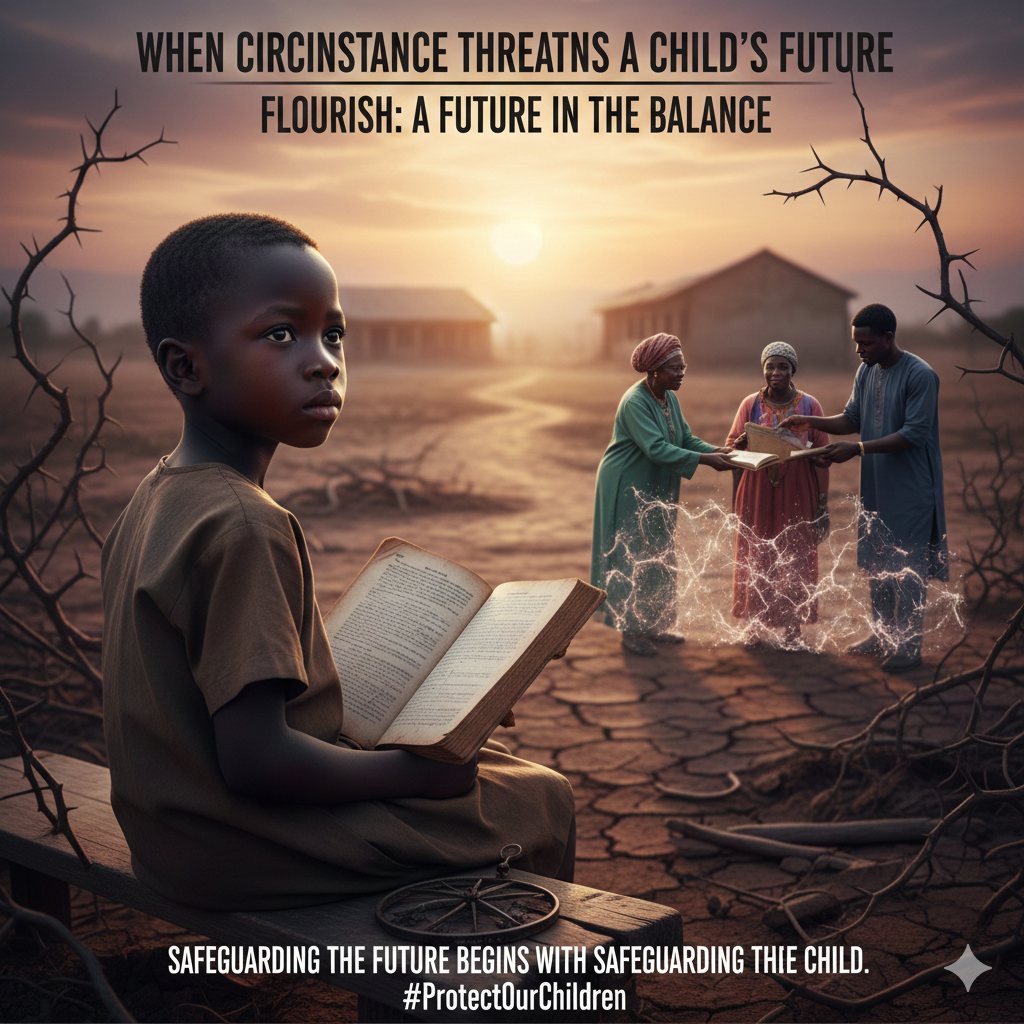By Greg Odogwu
Thank you for reading this post, don't forget to subscribe!With Nigeria feeling the increasing impacts of climate change, it is exciting to note that the upcoming national population and housing census will be environmentally friendly, transformational and digital; and will differ in nature and scope from previous ones. Green census is the approach to conducting a census that causes little or no damage to the environment and reduces greenhouse gas emissions, therefore helping in combating climate change.

Census is inherently complex as it requires the mobilisation of a wide range of human and material resources. It thus has considerable impacts on the environment. For instance, about 28 million sheets of paper questionnaires and over three million paper maps, which are equivalent to about 6,000 trees, were utilised for Nigeria’s 2006 Population and Housing Census. Interestingly, at that time, almost two decades ago, we were not aware of the issues of global warming and climate change as we are today. And, we had yet to experience direct debilitating impacts of climate change as we did six years later, in 2012.
Therefore, there is now obviously a need to pursue an eco-friendliness approach in the conduct of the 2023 census, to cut back on its potential impacts on the environment and contribute to addressing the escalating challenges of climate change through the implementation of Nigeria’s Nationally Determined Contributions – in order to fulfil our commitment to the Paris Climate Agreement which we signed on to. The excitement is in the fact that the National Population Commission is working in this direction. This means that immediately President Bola Tinubu gives the go-ahead for the commencement of the planned census, we shall feel and witness new things.
According to the Director Coordinating Population and Climate, National Population Commission, Hajia Aisha Adamu, the benefits of the green census are: minimising impacts on the physical, social, and economic environment; helping Nigeria to reduce its carbon footprint as it carries out a critical socio-economic development activity, i.e. the census; saving thousands of trees (carbon sinks), but also avoiding GHGs emissions that would have occurred while producing/recycling paper that would otherwise have been used; giving Nigeria a good image as being climate change responsive; gaining carbon credits for the country; creating a database for mitigation, adaptation, and other climate variables that will foster climate change preparedness and action; and helping to develop hi-tech skills that will serve other sectors of the economy, to engender sustainable development.
It is also instructive to note that there is another important area that census covers more than any other nation-building instrument. This is when it concerns environmental justice. Environmental justice is defined as the “fair treatment and meaningful involvement of all people with respect to the development, implementation, and enforcement of environmental laws, regulations, and policies.” For instance, this is in acknowledging the disproportionate impact that climate change and pollution have on lower income communities compared to wealthier and more exposed communities. During the 2012 and 2022 national flooding disasters, rural community dwellers suffered greater impacts than urban settlements. Many farmers’ livelihoods were totally obliterated without even these realities covered in the national news stories.
Therefore, census could be a tool to address this imbalance; more so as the upcoming one is planned to be green. First off, appropriate green counting shall lead to the government allocating enough funding for environmental programmes for these communities. Population estimates are used to allocate federal funding to states and local communities for many crucial eco-concerns like wildlife, environmental and public health programmes.
There are a number of examples of how I think the upcoming green census will address the disparate impacts of pollution and climate change. The first is affordable housing. A full and accurate 2023 Green Census is important because census numbers are used to distribute funds for affordable housing as the nation is grossly enmeshed in housing deficit. Affordable housing should be located in geographically vulnerable areas such as flood zones or areas prone to natural disasters. With climate change exacerbating severe weather events, these communities are increasingly devastated in terms of both physical and financial safety.
Kindly share





